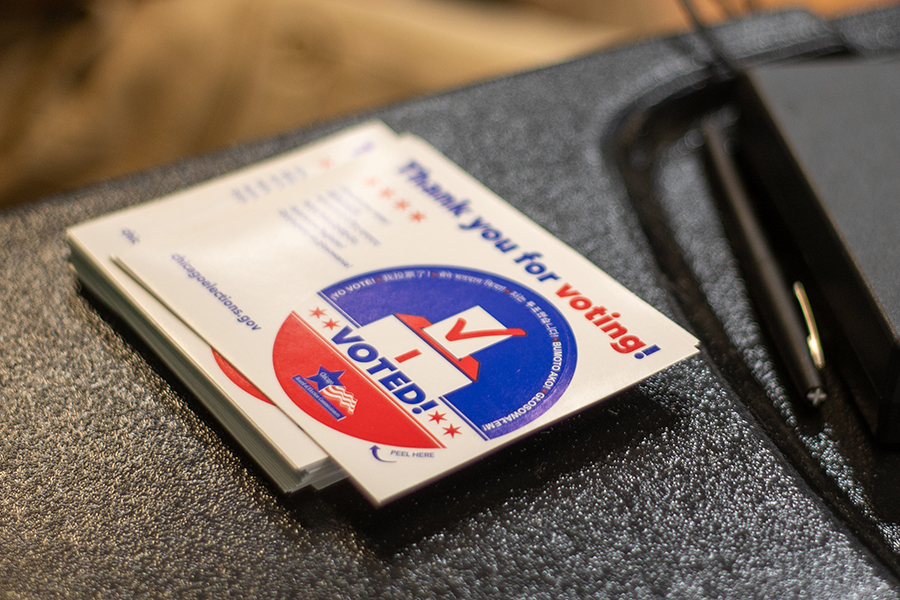After the Nov. 5 presidential election many in our community are feeling hurt and overwhelmed. We understand the deep disappointment, fear and confusion that so many are experiencing.
In a time of political unrest and polarization, it is critical to acknowledge that significant results can take some time to process, especially when these issues impact us directly. Academic pressures, personal challenges or the ongoing crises faced by people globally all add to the feelings of stress and upheaval after the election.
It’s OK to take time to step back and process these emotions to fully comprehend and process your feelings.
When election results don’t turn out with the general consensus of U-High students, they can contribute to and provoke strong and sometimes conflicting feelings and emotions. It is natural to feel disheartened and angry when something you are so passionate about doesn’t go the way you believe it should. We can take these emotions and invest them in our democracy, government and future, creating solutions we deeply care about. By doing this, we can help ensure our voices are heard in a meaningful way. We know many are experiencing feelings of helplessness or resignation, but we can gather that feeling and use it to fight for change.
The presidential election is not the only election. We vote every two years. In 2026, Senate and House seats open up, providing a valuable opportunity for voters to usher in change — just like in the presidential election. While the results of the most recent presidential election may have been deeply personal for so many, we must also remember that it is a civic duty for citizens to participate in local or midterm elections. By 2026, for instance, over half the current population of U-High will be eligible to vote. So, take the time and become a registered voter. Your participation in future elections can help bring about the change that you as a citizen want to see.
It is also important to remember that even while the president is the most visible member of the government, the government is for the people and by the people. Learning about candidates for local positions can lead to changes that affect you on a closer scale. Attend the monthly committee meetings, and email your alderperson or local representative about thoughts and opinions you want to express. Many pathways for change are available, but it’s up to you to go take them.
Additionally, you have a voice. Whether through peaceful protest, raising awareness on social media or organizing community efforts for change, your actions can send a strong, impactful message. Speaking out about your opinions and feelings is one of the strongest avenues to demonstrate your commitment for change. The collective unity of empowered individuals can create meaningful and lasting change that can cause ripple effects leading to societal change you want.
Remember, while the road for change may be filled with roadblocks and bumps, it begins by acknowledging and possibly appreciating how deeply we care about issues important to our community. Furthermore, taking the passion and determination brought by those emotions and channeling them into productive change can help bring about a future you want. Through unity and commitment we can navigate these turbulent times and come together to build a society that we are happy with.





















































